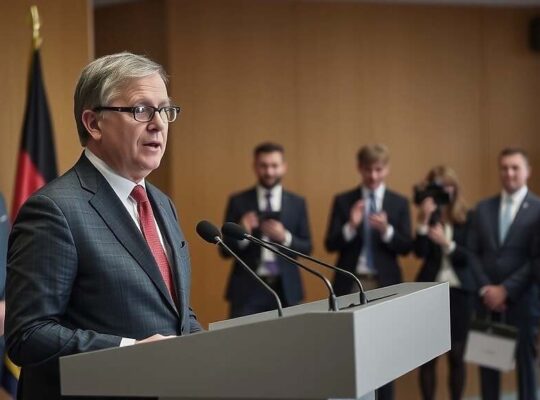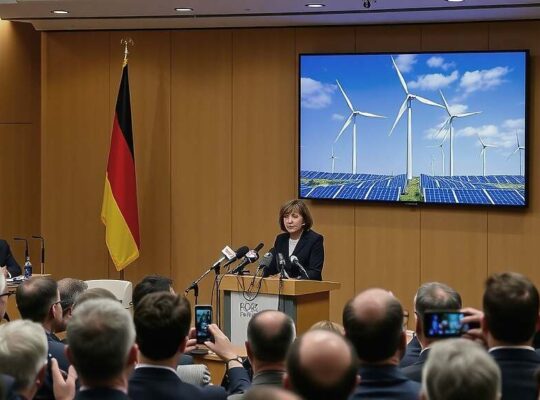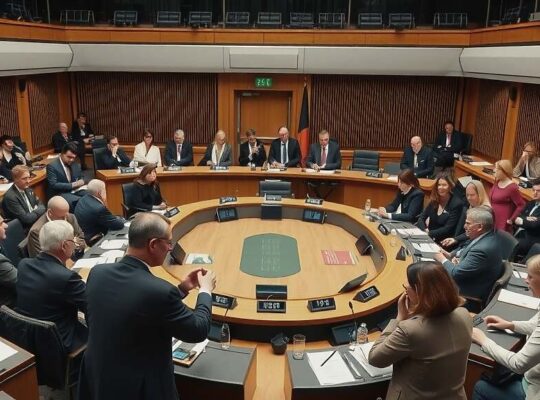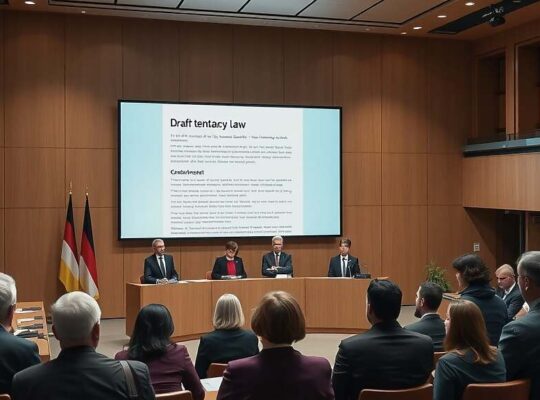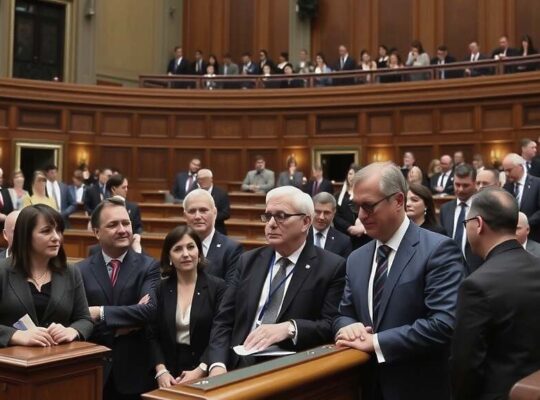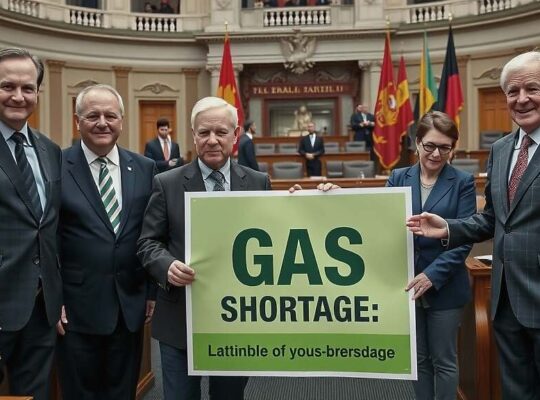A commission tasked with modernizing Germany’s debt brake – a constitutional rule limiting public borrowing – is scheduled to hold its inaugural meeting on September 11th at the Federal Ministry of Finance. The panel, established as part of the governing coalition agreement, is expected to deliver its final report to the federal government by November 15th, with proposed legislative changes anticipated by March 2026.
The 15-member commission faces high expectations from across the political spectrum. Representatives from the Social Democratic Party (SPD), Greens and Left Party have voiced a desire for a review that balances fiscal responsibility with the need for strategic investment. Wiebke Esdar, Deputy Parliamentary Group Leader of the SPD, emphasized the importance of ensuring the state maintains the capacity to invest in areas like education, infrastructure and climate protection, arguing that a debt rule hindering such investments would be intergenerationally unfair. She also highlighted the need to safeguard employment and economic stability.
The Greens echoed the call for investment, with Deputy Parliamentary Group Leader Andreas Audretsch stressing the importance of a “lean and effective” regulation that enables sustainable investment in crucial areas. He advocated for a comprehensive solution aligned with the Basic Law, not merely superficial adjustments.
The Left Party’s chair, Ines Schwerdtner, underscored the necessity of ensuring any reforms demonstrably benefit citizens, enhancing the financial capacity of municipalities and providing tangible improvements to public services. She specifically cited the need for sustained investment in education, healthcare, social infrastructure and climate protection.
While no representatives from the Christian Democratic Union (CDU) and Christian Social Union (CSU) offered on-the-record comments, a party spokesperson stated that the future of German fiscal policy must consider both sustainable growth and Germany’s role as a model for responsible budgeting within Europe.
The commission’s recommendations will require the support of the governing coalition – SPD, Greens and FDP – as well as the Greens and Left party to enact any constitutional changes. Cooperation with the Alternative for Germany (AfD) is widely ruled out.




